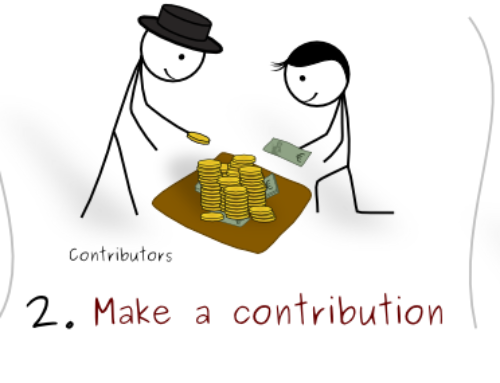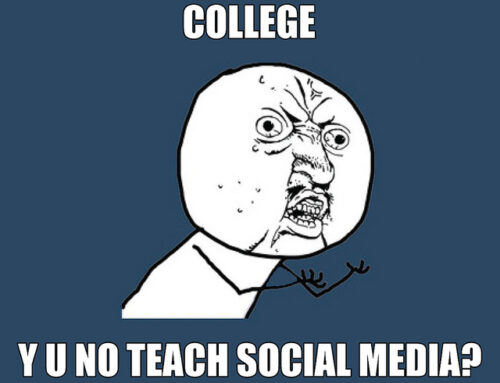Job Interview – The 10 Toughest Questions By: Barry Golds
Q1. What did you not like about your last employer?
A. OK, so the interviewer has asked you to say something negative about your ex-employer. You need to turn this round so that it makes it sound like the negative is in fact a positive! Remember you will not get any credit for complaining. Start with:
“Actually there are a lot of good things to say about my ex-employer, however if I needed to highlight one area……Then suggest how certain work activities could have been improved, make sure you have a specific examples for it.
Q2. I see from your resume that you have never actually been in this role in any of your previous companies. How are you going to manage?
A. Firstly this is an obvious weakness. Weakness means risk to an employer and they are looking for re-assurance that you will adapt to the new environment.
Relate your previous experience to similar situations. Turn this into a positive about ‘how you are able to adapt to changing circumstances and have a flexible approach. How you pick up new skills quickly. Try to broaden the answer by saying ‘we are all faced with a fast-moving and changing environment’, which you have always been able to rise to these and perform effectively despite tight deadlines and little support’.
Importantly, then go on to list examples of similar experiences where you have demonstrated such skills.
Q3. What is your typical working week in hours?
A. Whatever it takes to get the job done. However be careful not to suggest you work long hours purely because you are inefficient.
“I like to think I am and effective and efficient worker who gets through a full workload each week. However there are times when I need to work late and weekends and this is fine.”
Q4. How long would it take for you to start making a real contribution to the organisation?
A. There is no point in blurting out an answer here because the contribution could be anywhere and you could go off in the wrong direction. Bat the question back to get a more precise idea and allow yourself some time to think.
“In what particular area of my responsibilities did you have in mind?” “Of course there will be a short learning curve while I get up to speed but I am a quick learner. I see this as an opportunity and ready to accept the challenge.”
Prepare an example of how you had a similar situation where you had to learn a new skill quickly.
Are you ready to make your move?
Q5. What have you learnt most from your past career?
A. A truly open-ended question and the opportunity to talk positively. But you need to keep your answer at a high level.
“I have learnt many things as you can imagine. But one point always rings true. Every one needs to be treated with respect, their opinion should be valued and they should be encouraged to contribute to the good of the organisation.”
Q6. What would you most like not to do in this role?
A. Dangerous question. The interviewer is probing for things that you didn’t previously like and then they can ask a follow on question about why you didn’t like them. Beware of this trap. Turn the question round and give a ‘model answer’…..
‘In an ideal world…..I would like to avoid any bureaucracy or red-tape which can delay decisions. Like anyone I am always keen for good progress to be made at all times and everything to run smoothly’.
See how your answer portray you in a good light and turn a negative into a positive.
Q7. What would your job references say about you?
A. Try to make sure that any job references have been sought and written before you go interviewing. This is not always possible but would allow you to repeat their positive comments.
Effectively the interviewer is therefore asking to list your strengths. Take the time to list your job strengths and behavioural qualities. Start the sentence in the 3rd party with……’My references would say….’
Any time you are able to reply in the 3rd party it sounds like someone else is endorsing your candidacy, which in effect references do. Everyone will say they will receive good references but if you say this using a 3rd party endorsement then you add greater credibility to your statement.
Q8. Why should I hire you?
A. This is one question which you should have prepared for thoroughly.
You need to have a personal pitch of 3 – 4 sentences pre-prepared. This needs to relate to the job description which you need to go through line by line. Then add in the additional personal qualities that you bring to the role. Apply these to the personal summary statement.
It is always worth using a qualifying phrase such as ‘colleagues have said of me…I am a great motivator/team-builder/technician etc.’. It sounds better if there is a 3rd party endorsement. It doesn’t sound like you are bragging but a colleague is speaking on your behalf.
In addition you will need to have relevant examples which you can offer to expand on. The personal qualities for the role will be attributes such as hard-working, motivating, good communication skills, desire to succeed
You should end your answer with a statement such as ‘do you think these qualities are what you are looking for from a successful candidate?’ It plants a seed in the mind of the interviewer that they are.
If they reply that they were expecting other qualities then discuss them and offer examples of how you have these and examples of them in action. You need to leave the interviewer in no doubt you have the skills and can demonstrate this with relevant examples.
Q9. Why do you want to leave your current job?
A. Negative connotation and expectancy that you will say something negative about ex-employer or ex-employee. Resist the temptation and keep the answer upbeat concentrating on the advantages of what the new job would offer.
“I enjoy my previous job and as I have demonstrated I make a solid contribution which is appreciated. However I am looking for more experience, a greater challenge / increased responsibility / more dynamic organisation that this role offers.”
Make sure you have a list of reasons for joining this company.
You need to reply using one or a combination of the following five replies:
Challenge: You need a new career challenge Travelling: The commute to work was taking too long or I was constantly being asked to travel with work Career: I had reached the likely top and there was no room for advancement until someone else above me left. Money: You feel you were not being paid what you were worth. Security: The organisation was unstable and my role may have been at risk.Q10. Why as an organisation can we offer that is better than your current employer?
A. It is asking for a direct comparison between your current employer and your future employer.
An interviewer wants to hear that you are a valued member in your current / previous role. You have worked for an organisation that has trained you to a high level and you have been providing a strong contribution to their skilled workforce. They hope to leverage these skills in their organisation. A typical answer which deals with such a comparison should read…….
‘My current organisation has been a great career move for me I have learned many new skills eg. x. There is a great team ethic and I feel I have made a strong contribution to their sales team / office / project team etc.
However I see your organisation and the role on offer as a new challenge which can leverage my skills and allow me to challenge myself set new goals and further my career in a way that the current organisation perhaps doesn’t offer.”
Of course this answer needs to be tailored to meet your particular circumstances. Start by listing what you like about your current organisation and the experience you have gained. Compare this with the list of skills and benefits you expect to find in the new organisation.
Are you ready for that interview?
Article Source: http://EzineArticles.com/3268832
Job Interview – The 10 Toughest Questions – For the full article click here.




